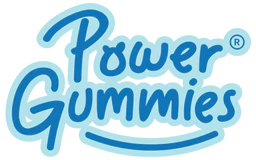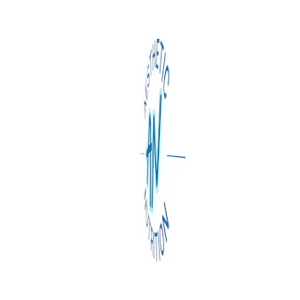7 Home Remedies To Deal With Dandruff
When you're dressed up for an interview or a formal dinner, the most embarrassing thing that can happen is scratching an itchy scalp and knowing that a waterfall of white flakes will fall across your jet-black jacket, exposing you to the world.
Dandruff is a medical condition that affects more than half of the adult population worldwide, regardless of gender, age, or race.
Dandruff is a scalp ailment caused by Malassezia, a fungus that feeds on sebum (oily materials released by the sebaceous glands on our scalp) and dead skin cells that naturally develop during the production of new skin.

Although this microbe is a typical element of the scalp, it becomes problematic when it feeds on sebum and breaks it down into fatty acids, which can irritate many people's sensitive scalps.
This is also the cause of dryness and itching on the scalp, which leads to the accumulation of dead skin cells as visible flakes. The degree to which people are sensitive to certain fatty acids influences whether they have acute or mild dandruff.
Up to 50% of people suffer from dandruff.
This ailment is characterized by an itchy scalp and flakiness, but it can also produce additional symptoms such as oily areas on the scalp and tingling skin. If you're looking for dandruff home treatments, we can assist.
1. Do Not Oil Your Hair Often
It is a complete fallacy that oiling is beneficial to dandruff-prone hair. In reality, using oil will cause more dandruff since oil acts as a food source for Malazzesia, which causes dandruff.
Applying oil to a dry, itchy scalp may sound like a dream come true, but it can actually make your dandruff worse, especially if you leave it on for long periods of time.
2. Baking Soda
Baking soda functions as a scrub, gently exfoliating and eliminating dead skin cells from the scalp without causing irritation. Exfoliation is necessary to prevent flakes from accumulating on the scalp and making dandruff more evident.
Baking soda calms the scalp and relieves redness and itching, in addition to its exfoliating and anti-fungal effects. To reap the benefits of baking soda, simply mix it into your shampoo while shampooing your hair.
3. Vinegar
Vinegar can be used to treat itchy, dry skin as well as fungus and bacteria that cause dandruff. Vinegar's acidic component is quite helpful in substantially reducing flaking.
Applying an equal amount of white vinegar and water to the scalp skin around half an hour before a head wash is a beneficial home cure.
4. Neem
Because of its antibacterial and antifungal properties, we're all familiar with the importance of neem extract in practically all skin medicines.
Because dandruff is primarily caused by fungus colonization of the scalp, it's only natural to resort to this age-old skin cure.
The greatest option is always to go natural. For the scalp, however, use a very diluted variety of neem (neem boiled in water), as concentrated versions may irritate the skin even more.
5. Aloe Vera
Aloe vera not only cools the skin but also exfoliates it gently and contains antifungal and antibacterial characteristics. It is better to extract some right from the aloe vera plant, as it is translucent and thick.
It's applied to the scalp and then washed away with a medicated anti-dandruff shampoo or a mild shampoo. This herb can help to soothe an itchy scalp and reduce inflammation.
6. Tea Tree Oil Is A Natural Antiseptic
Tea tree oil is found in all anti-acne and anti-fungal treatments because of its excellent ability to combat fungal and bacterial infections.
Add a drop or two of tea tree oil to your shampoo and wash as usual to see the results while relaxing at home!
7. Garlic
Although the unpleasant odour of a single garlic clove may put some people off, the medicinal potential of garlic should not be underestimated.
Garlic's antifungal properties have enthralled mankind for generations, and the benefits of raw or crushed garlic (avoid cooked garlic for treating medical ailments) have enthralled mankind for centuries.
To observe rapid effects, pound a clove or two of garlic and mix it with water before applying it to your scalp. What about the odour? You could always add some honey and ginger to the mix!
Although dandruff can be a bothersome problem, there are a number of natural solutions that can help alleviate symptoms and bring comfort.
Give a handful of these natural cures a try the next time you notice flakes. To enhance therapeutic success, use these therapies alone or consult a doctor for any underlying condition.
P.S.: Do not use other people's hairbrushes to comb your hair. Also, wash your hair at least once every two days. Dandruff can be avoided by cleaning your hair on a regular basis.



